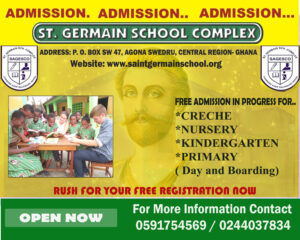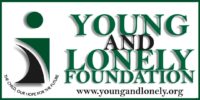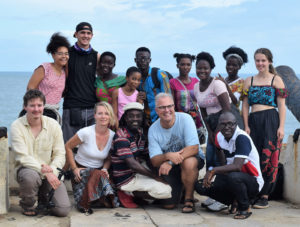YLF envisions for a world of great opportunities for all people, particularly for women and children development. We want to help them unleash their full potential.

YLF participation in the 2024 National review budget
Sustainable Projects
A member of the Kaya-Kayo team:
Food grown and processed in Africa 🌍
We also promote Afro-Germans who stay in Germany with self-diversity
Find more information on https://www.kayakayo.eu/
Climbing a good tree (documentary)
The documentary is run in local cinemas and can be watched on request. Kindly get in touch with us to get more information!
“Connect for Change”
The handbook “Connect for Change – Shaping global educational partnerships and projects for change” aims to serve as a source of inspiration and guidance for the establishment, design and further development of global education partnerships and projects. It contains contributions from experts from all over the world
Handbook “Connect for Change” – Introduction
Our work is also featured in the handbook, as it was written in collaboration with YLF.
You can find an interview of the founder of YLF, Gilbert Kofi Germain, as well as information about our German-Ghanaian school partnership with the “Berufsbildende Schule 1” (vocational school) in Gifhorn (Germany).
The full book can be downloaded as PDF on the website www.connect-for-change.org.
Local authorities and leaders should participate in global educa-tional partnership because of their important role in good governance for sustainable development. In workhops they can learn more about the important connection bet-ween the educational systems and governance structure. They are exposed to cultu-ral differences and they are forced to be dynamic on how to use their leadership power structure. After a workshop, they are maybe able to to use these partnership experience to develop new cultural poli-cies to control their political leaderships back home. And they can give a bigger chance for the youth who participate in global educational partner-ships to exercise governance power in their home countries and implement the skills and knowledge acquireed.
Gilbert Kofi GermainTeacher at the St. Germain School, Ghana
Our latest activity
Young and Lonely Foundation - YLF
.fts-share-wrap {
display: none;
}








